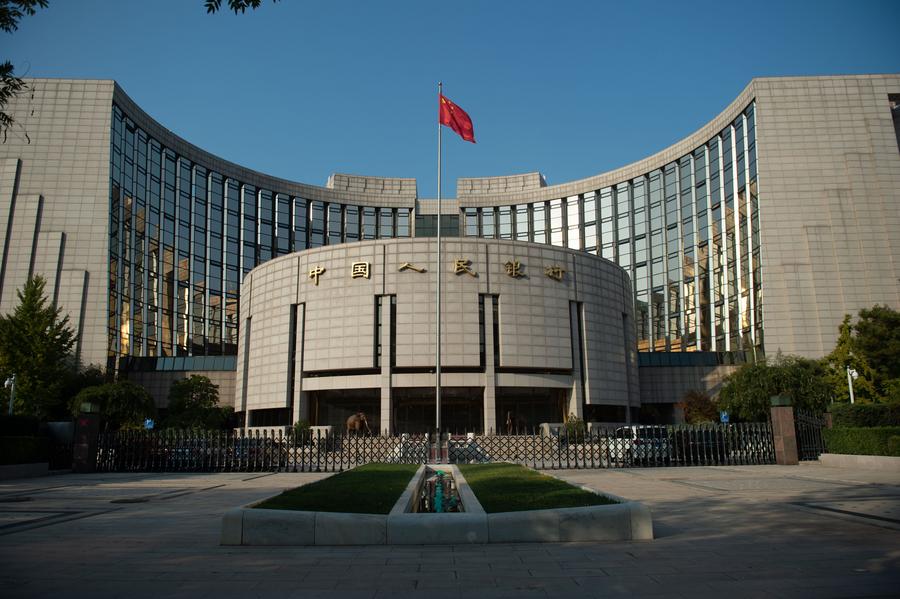China's cross-border capital flow to be further stabilized in 2024

Cross-border capital flow in China is expected to be further stabilized this year, said a central bank official on Wednesday.
The country's current account surplus will remain at a reasonable level and foreign capital inflow activities will increase in 2024, said Zhu Hexin, deputy governor of the People's Bank of China, at a press conference.
Zhu, also the head of the State Administration of Foreign Exchange, said that cross-border capital flow in China has been more stable recently, as the current account continues to see a relatively large net inflow.
The country's current account surplus in 2023 is expected to reach around 280 billion U.S. dollars and the trade in goods surplus will exceed 600 billion dollars, said Zhu.
Moreover, recent foreign investment in China has also shown a positive trend, said Zhu.
It is widely estimated that the Federal Reserve will make some changes in its monetary policy in 2024, and if so, China will see smaller spillover impact from the Fed policy and improved external financial conditions, Zhu said.
China is expected to see a rebound in foreign investment this year, said Zhu.
He added that China is confident that the RMB market's value will become increasingly prominent in diversified investment as the country has complete industrial chains and a super-large market.
Efforts will be made to improve the monitoring, early warning and response mechanism for cross-border capital flows, strengthen market communication and guidance on expectations, and keep the RMB exchange rate basically stable, said Zhu.
He added that the country will strengthen the full coverage of supervision in the field of foreign exchange, enhance cross-border RMB supervision, promptly detect and handle abnormal situations, and crack down on illegal activities.
On the topic of continuing the promotion of RMB internationalization, Zhu said China will focus on trade and investment facilitation, strengthen the coordination between local and foreign currencies, and further improve cross-border RMB policies and infrastructure to better meet foreign investors' needs in allocating and holding RMB assets and risk hedging.
Efforts will also be made to support the steady development of the offshore RMB market, especially strengthening Hong Kong's role as a hub for the offshore RMB market, said Zhu.
